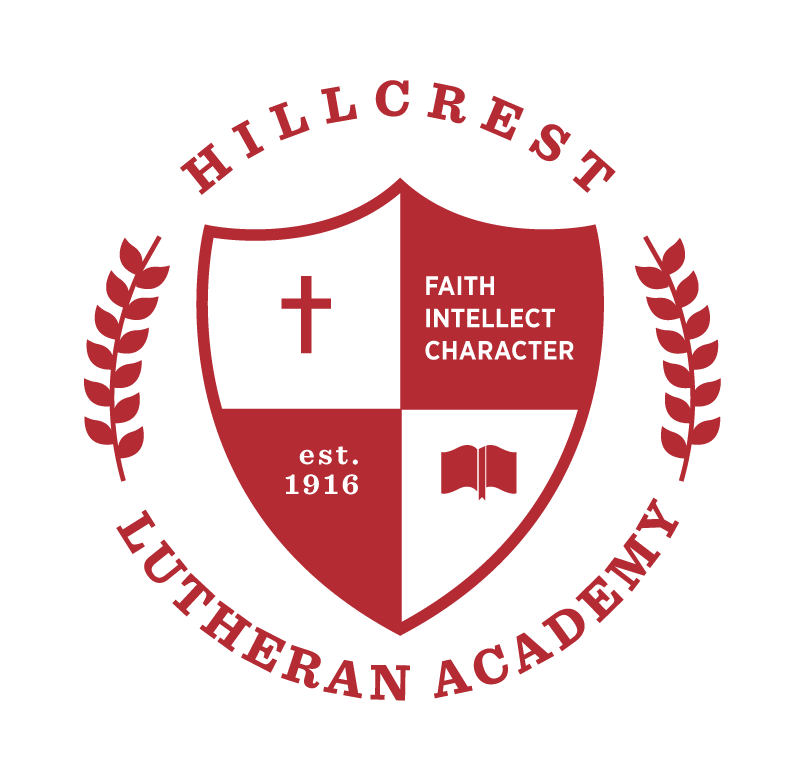Lower School Takes a Sweet Journey To Sted Chocolate
Education is a powerful tool that shapes how children view the world. Yet, much of the classroom experience is structured around traditional learning modes—catering to logic and language-focused learning. The essential foundations are critical for building problem-solving skills and verbal communication, but students develop a broader base to launch from when they experience diversity in learning. Exposing students to different learning environments that bring education to life is essential to engage the whole person.
Recent research highlights the benefits of experiential learning—where students engage with real-world contexts to enhance their academic understanding. Field trips provide a place to apply classroom concepts to tangible experiences. Additionally, environmental preferences in learning suggest that children thrive in diverse settings where their natural curiosity and sensory engagement are activated.
These benefits were planted recently when the lower school's kindergarten class visited Sted Chocolate, a local small business founded by Kristin and Josh Mohagen. For these young students, the trip wasn’t just a treat for their taste buds; it was an opportunity to see how education can translate into entrepreneurial success.
At Sted Chocolate, the children were introduced to the world of chocolate-making, but more importantly, they witnessed the entrepreneurial spirit in action. They saw how ideas come to life through hard work, creativity, and business acumen. This experience sparked imaginations and gave a new perspective on what is achieved by applying the lessons learned in the classroom.
Kristin Mohagen, a Hillcrest alumnus, provided a shining example of how education and personal passions intersect. By opening her business, she exemplifies the value of following one’s interests and being guided by a solid foundation of knowledge and perseverance. Her husband, Josh, complements this entrepreneurial journey with his expertise and commitment to their shared business vision. Together, they create delicious chocolate and model the principles of strong business development.
During the field trip, Hillcrest’s young learners explored essential concepts that form part of classical Christian education—they considered order, stewardship, and the beauty of God’s creation. They learned about the importance of stewardship through the Mohagens' careful sourcing of ingredients. The students also saw the value of order and organization in the business’s smooth operation, reinforcing lessons on structure and intentionality they learn in the classroom.
In a classical Christian kindergarten education, learning often centers on holistic development—teaching students to integrate knowledge with virtue. This field trip allowed students to observe how real-world businesses reflect the principles taught in school. From seeing teamwork in action to understanding the need for precision in chocolate production, they connected abstract ideas to practical outcomes.
Field trips like this one are vital for education because they allow students to step outside the familiar routines of their school environment and see the broader application of what they are learning. Whether it's about science, mathematics, or business principles, these experiences help students envision the possibilities that await them. Hillcrest bridges theoretical knowledge and practical application by connecting the classroom to the community, making learning more dynamic and inspiring.
This is one of many important classroom experiences lower school students experience because of the dedication of their teachers and the parent-teacher fellowship (PTF).
